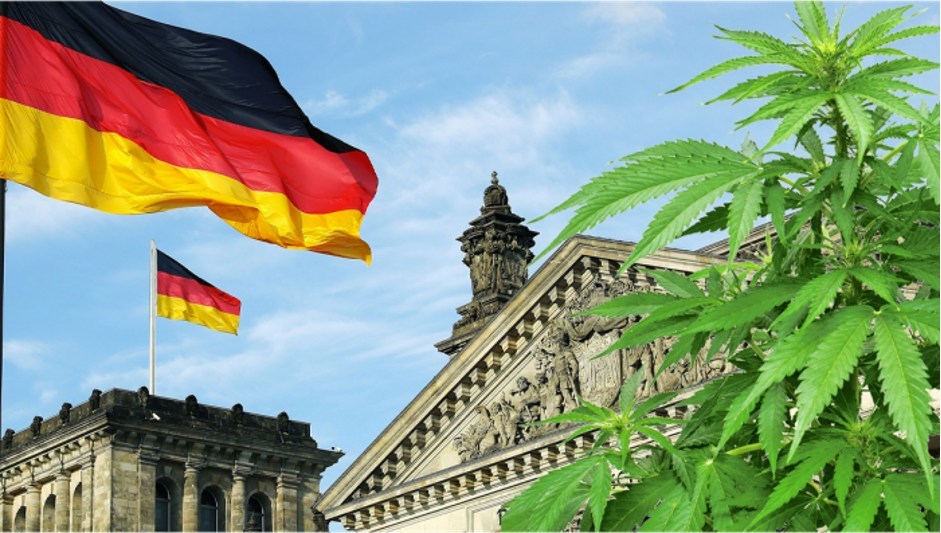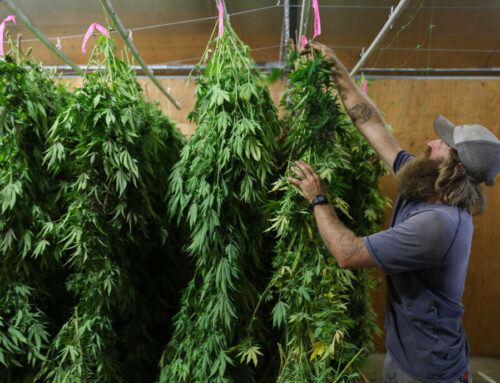Germany’s Cannabis Legalization Vote Postponed Amid Political Hurdles and Public Debate
BERLIN- Germany’s anticipated vote on legalizing cannabis, a significant step in the country’s journey towards legalization, has been deferred to next year. This postponement, influenced by the Social Democratic Party (SPD)’s concerns, represents the latest in a series of delays for the legalization process.
Implementation Plans Should the bill receive approval, its initial phases, including provisions for personal home cultivation, could commence as early as April. The bill outlines a staggered implementation strategy, which includes the establishment of social clubs for cannabis distribution by July and plans for commercial sales in selected cities, pending a review by the European Commission.
Political Hurdles The current delay stems from two primary issues: internal discord within the SPD and debates over prioritizing cannabis legislation amidst a national budget crisis. The Bundestag is expected to revisit the bill in early 2023, with some SPD members signaling potential resistance due to a lack of internal consensus.
Public and Organizational Responses This delay has prompted varied responses. While members of the Green Party have expressed disappointment, they remain optimistic about the bill’s future prospects. In contrast, The Left Party has criticized the SPD for yielding to conservative pressures and has advocated for more immediate action. The German Hemp Association, representing public and industry interests, has also expressed frustration, accusing the SPD of disrupting the legalization timeline and deviating from the broader political consensus.
International Context and Next Steps Germany’s cannabis legislation is being carefully navigated to align with EU regulations and international obligations, drawing insights from other countries’ experiences with legalization. After its final reading in the Bundestag, the bill will move to the Bundesrat for further consideration.
Health Minister Karl Lauterbach, who is leading the bill, emphasizes the importance of public education about cannabis risks. This approach is in response to concerns raised by medical and law enforcement groups. Notably, international surveys indicate substantial public support for cannabis legalization in several European countries, including Germany, suggesting a broader shift in public opinion on this issue.
Germany’s path to cannabis legalization is marked by political complexities and public debates. The delay, while a setback, reflects the intricate process of balancing political consensus, public opinion, and compliance with international standards. The coming months will be crucial as Germany navigates these challenges in its pursuit of a regulated cannabis market.



































